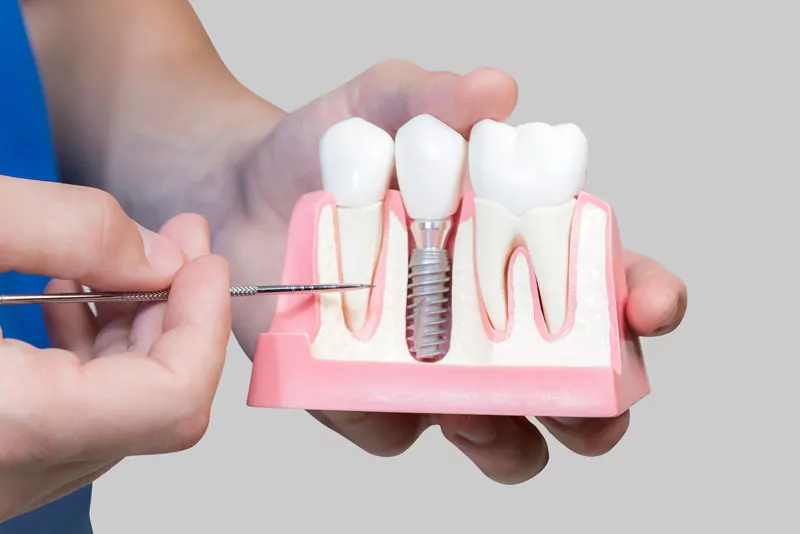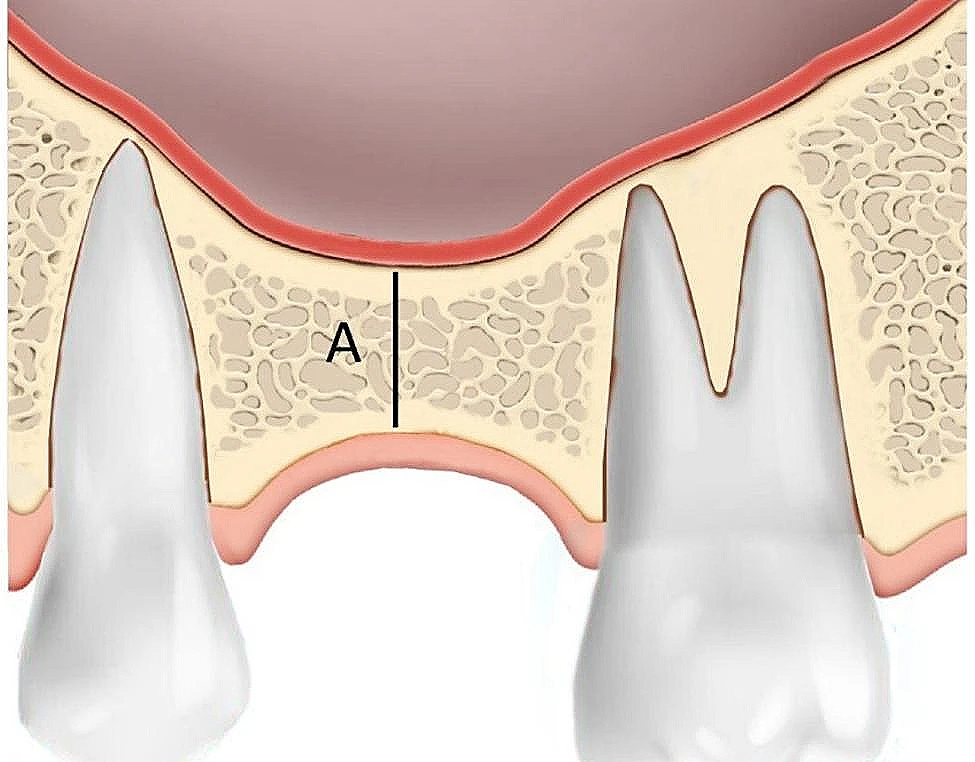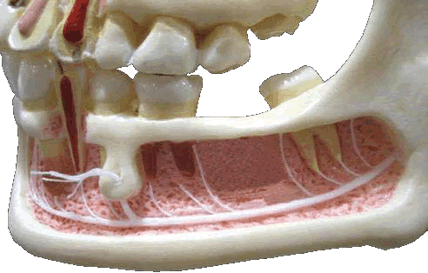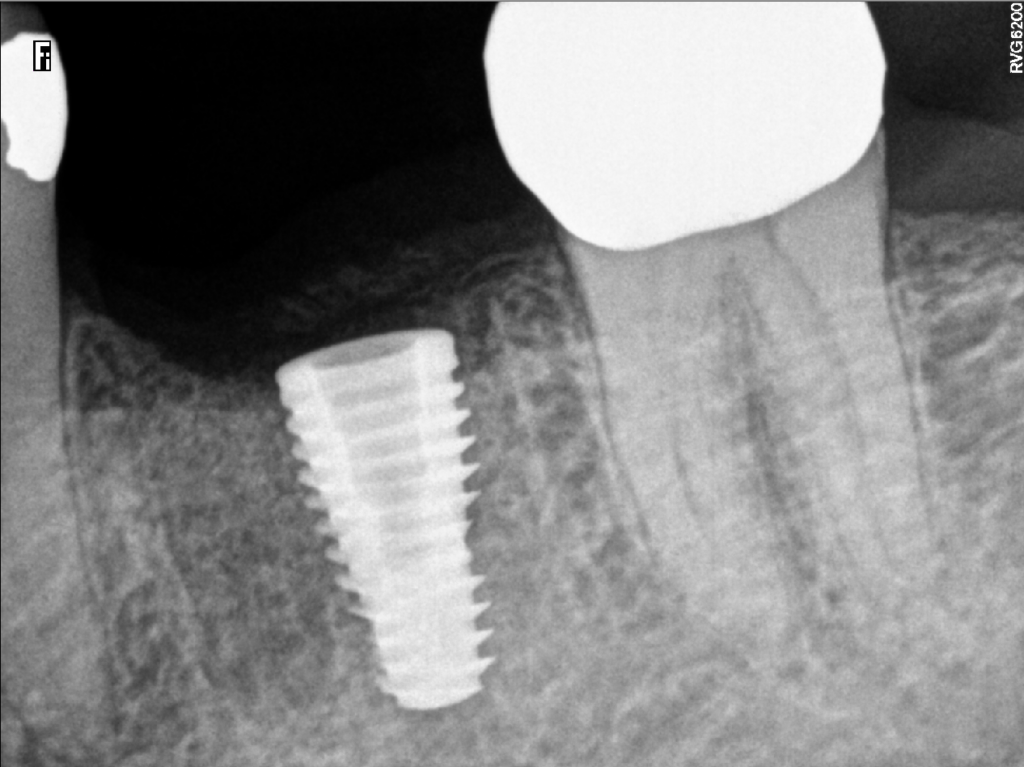” Are dental implants right for me?” is a common question we frequently hear in our office and we are pleased to inform patients that dental implants are extremely safe and are by-far the most modern and least invasive way to replace one or more missing teeth. There are only a few cases where a patient’s medical history and/or medications may reduce their success rate and thus they should be avoided.

Dental Implant Contraindications That Pertain to Overall Health and Medications:
- Poorly managed diabetes
- Bleeding disorders or the use of strong blood thinners like Coumadin (Warfarin)
- Immune deficiency conditions
- Osteoporosis
- Chronic diseases like TB, rheumatoid disease, cancer, etc.
- Psychiatric problems
- Recent heart attack
- Use or strong oral or IV bisphosphonate medications
- Untreated dental conditions such as caries or periodontal disease
Dental Implant Contraindications That Pertain to Patient Habits:
- Smoking/Vaping or the use of other tobacco products
- Bruxism (teeth grinding)
- Poor oral hygiene
- Infrequent dental exams and cleanings
Anatomical Considerations:


Because dental implants rely on healthy bone, it is important the patient has sufficient height, width, and density of bone in the area the implant needs to be placed. In the mandibular (lower) arch, there must be sufficient bone above the inferior alveolar nerve that runs inside the length of the mandible. In the posterior maxilla (back portion of the of the upper jaw) there must be sufficient bone height below the maxillary sinuses. If a patient has no other factors that would potentially reduce the success of implant procedures, in many cases bone grafting can be done prior or during the placement of the implant to add necessary additional bone to the area. This could include a block graft or a sinus lift procedure. Lastly there has to be enough restorative space between the natural teeth to create a healthy and cosmetic tooth replacement. In some cases orthodontic movement is required to allow the correct space for the implant.
How are Dental Implants Planned?
After we thoroughly review the patients medical history, previous, and current medications. We start with a CBCT x-ray to identify the exact 3D anatomy the patient has. We then take a 3-D intra-oral scan to make a digital model of the patients teeth and bite. From this information we work backwards and plan the implant with the restorative goal in mind. If we need additional bone such as grafting or sinus lifting this is discussed with the patient prior to the procedure and can modify the treatment. By using the latest technology in the field of implant dentistry, we provide the highest safety and success rate because we leave nothing to chance.


